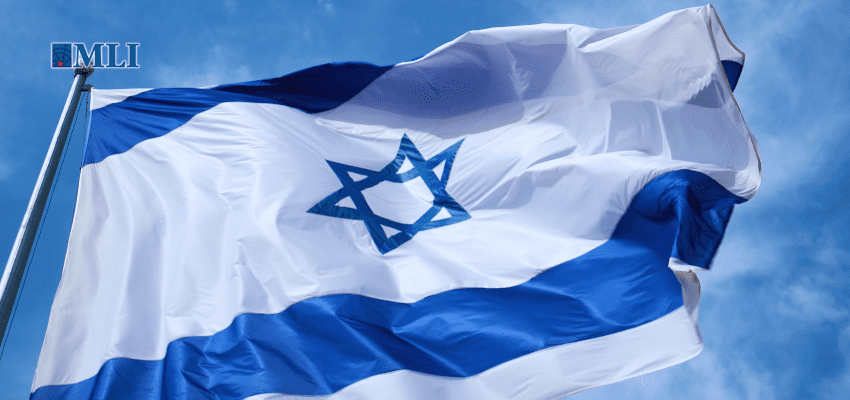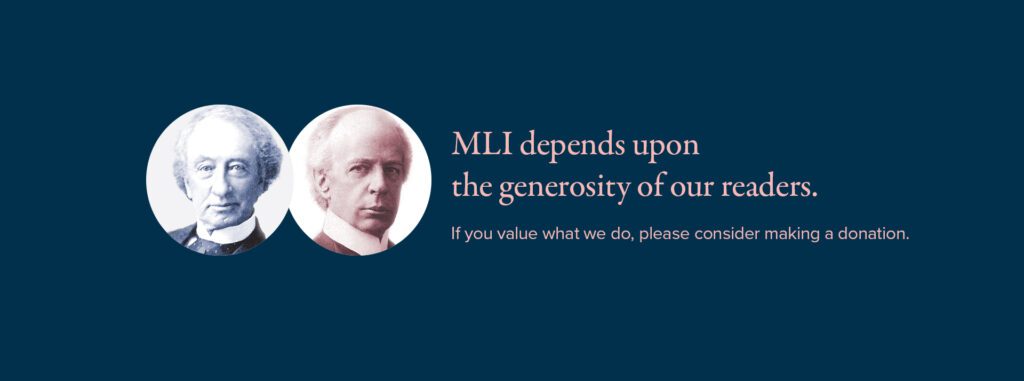This article originally appeared in National Newswatch.
By Joe Varner, August 5, 2025
In 2025, Israel is not just fighting a war in Gaza. It is managing a regional siege—coordinated across seven active fronts—engineered to isolate, exhaust, and ultimately erase the Jewish state.
While Western governments fixate on Gaza and decry a humanitarian catastrophe—some even invoking the charge of genocide—they remain conspicuously silent about the Oct. 7, 2023, massacre of Israeli civilians by Hamas and Palestinian Islamic Jihad. That silence has helped usher in a new era of warfare—one no longer defined by Israel’s borders, but by an expanding axis of threat that stretches from Rafah to Tehran, from Beirut to Eilat.
The 12-Day War with Iran marked a strategic turning point. In under two weeks, Israel repelled an unprecedented barrage of drones and missiles, degraded Iran’s conventional strike capabilities, and—alongside United States airpower—crippled nuclear sites at Natanz, Fordow, and Isfahan. It was a tactical victory. But it did not end the war.
It widened it.
Israel is confronted by a seven-front battlespace where gains in one theatre risk escalation in another. In Gaza, the Israel Defence Forces has dismantled Hamas’s northern and southern brigades, degraded its infrastructure, and forced its leaders underground. But the central corridor—anchored by Gaza City and adjoining camps—remains active with two brigades of terrorists. Hamas continues to launch rockets, holds Israeli hostages, and has walked away from ceasefire talks. Two years in, Gaza is no longer a campaign. It is a permanent front.
Despite this reality, Western allies are pressing for a ceasefire and expanded aid—without offering any viable postwar governance framework. Israel cannot afford to vacate territory still sheltering terrorists and holding Israeli hostages. Nor can it entrust Gaza to the discredited Palestinian Authority, which survives only through Israeli security coordination and foreign aid. Strategically, a withdrawal would create a vacuum certain to be filled by renewed terror.
To Israel’s north, Hezbollah—the crown jewel of Iran’s proxy empire—has sustained its worst losses since 2006. Israeli forces struck deep into southern Lebanon, dismantling Hezbollah’s elite Radwan Force, destroying rocket launchers and command centers, and disrupting the Iran–Syria–Lebanon arms pipeline. Yet Hezbollah remains dangerous. It still holds thousands of missiles and fighters, and retains asymmetric strike capacity. Bloodied but intact, it remains central to Iran’s long war. Israel recently engaged the Syrian regime and allied militias in the south of the country to protect the Druze population.
Beyond Israel’s borders, the broader periphery is on fire. Iranian-backed militias in Iraq have also fired projectiles and launched drones at Israel in the last year and remain an active threat. In Yemen, the Houthis have emerged as Iran’s long-range strike arm—harassing Israeli-linked shipping in the Red Sea and targeting civilian infrastructure. In Jordan, Iranian operatives and Islamist elements are attempting to destabilize Israel’s most strategically vital eastern partner. Though Jordan has stepped up intelligence and security cooperation, its internal stability is increasingly fragile. That front is not yet active—but it is exposed.
Then there is Iran. The joint Israeli-American air campaign bought time—likely two years—by damaging key nuclear facilities. But it did not change Tehran’s calculus. The regime’s ideology remains unchanged. It will rebuild—likely deeper underground—and retaliate through proxies, cyberattacks, and maritime harassment. Iran has been checked, not deterred.
Adding to the danger is a rupture in Western political unity. France, the United Kingdom, and Canada—historically among Israel’s most reliable allies—have moved to recognize a Palestinian state. This, despite Hamas’s continued control over central Gaza, its refusal to release hostages, and the total absence of a postwar governing structure. Unilateral recognition under these conditions’ risks creating not a sovereign democratic state—but a failed state dominated by Islamist factions.
Worse still, such a move would create an Iranian forward operating base on Israel’s eastern doorstep. It would reward terrorism, entrench Iranian influence in Gaza, and institutionalize the very siege strategy Tehran has long pursued. Recognition, in this context, is not a diplomatic breakthrough. It is a strategic gift to Iran.
Israel’s path forward is clear, but difficult. It must prepare for a protracted, multidomain conflict—fought across irregular intervals and under increasing global scrutiny. The IDF must continue evolving, airpower, air defence, cyber warfare, intelligence dominance, and regional diplomacy. Most critically, Israel must resist the temptation to compartmentalize the fight as western governments are inclined to do.
These are not isolated conflicts.
Gaza, Lebanon, Syria, Iraq, Jordan, Yemen, and Iran are interconnected components of a unified campaign to encircle and exhaust Israel through proxies, asymmetric warfare, and diplomatic pressure. Iran is not simply backing its allies—it is orchestrating a siege.
This is the reality of 2025: Israel is no longer merely defending its territory. It is defending its freedom to act, its national legitimacy, and its very right to exist without siege. Israel must prevail—repeatedly, decisively, and across multiple domains—in a world increasingly unwilling to acknowledge, let alone support, the cost of Israeli survival.
Joe Varner is a senior fellow at the Macdonald-Laurier Institute







